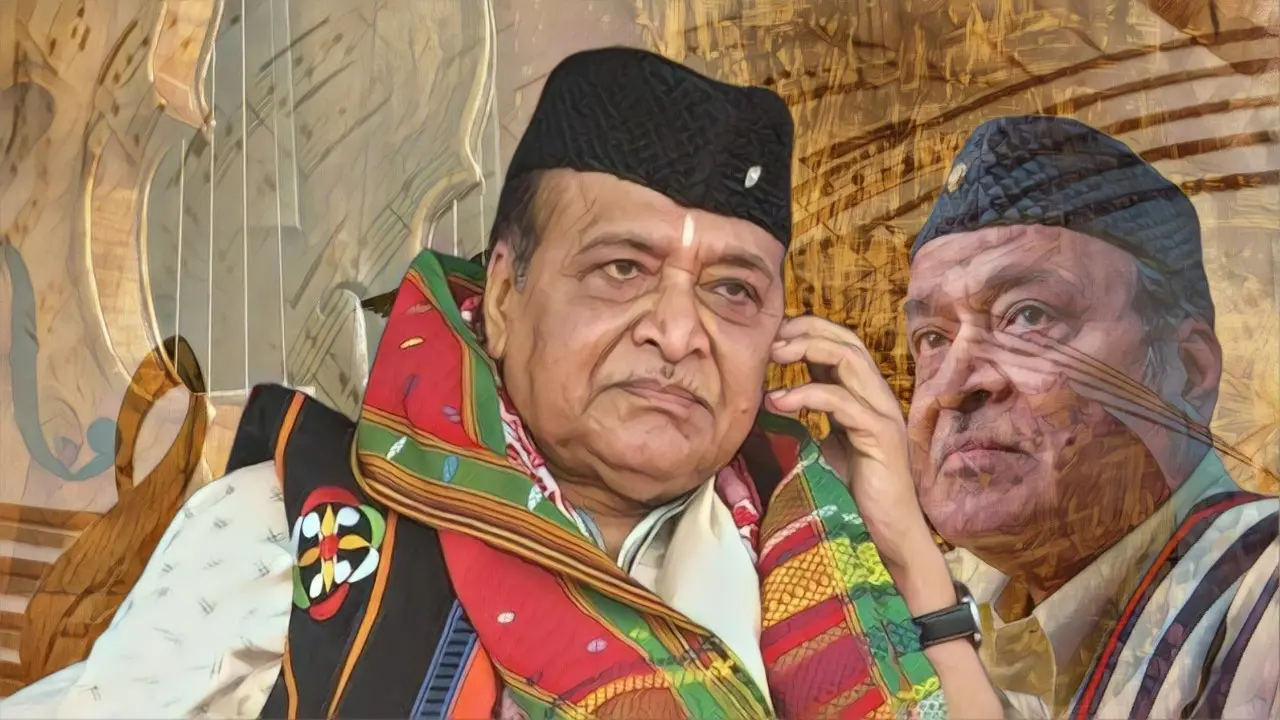Podcasts: The New Frontier in Political Discourse

Podcasts: Revolutionizing Political Discourse in the Digital Age
Irfan Khondker, Advocate, April 25, 2024: With the rise of digital platforms, the landscape of political communication has undergone a significant transformation. In the 2024 General Elections, social media podcasts have emerged as a powerful medium, playing a pivotal role in bridging the gap between candidates and electors.
Podcasts have seen a meteoric rise in popularity over the past decade, and their impact on political discourse is undeniable. They offer an intimate, in-depth form of communication that transcends geographical boundaries, allowing for nuanced exploration of complex political issues. Unlike traditional media outlets, which often focus on soundbites, podcasts provide a platform for long-form discussion, giving politicians the opportunity to establish a personal connection with their audience.
As the elections approach, candidates are increasingly turning to social media podcasts to reach out to voters. This medium allows for direct communication, bypassing the gatekeeping role traditionally played by TV networks. Candidates can share their message, policies, and vision for the future in their own words, fostering a sense of authenticity and transparency.
One of the most significant advantages of podcasts is their interactive nature. Listeners can participate in real-time discussions, ask questions, and provide feedback, making them active participants in the political process. This level of engagement is unparalleled in other forms of media and has the potential to increase voter involvement and interest in the elections.
While TV interviews have long been a staple of political campaigning, podcasts are challenging their dominance. Podcasts allow for uninterrupted conversation and can be accessed anytime, anywhere, making them more convenient for the modern electorate.
The interactive and accessible nature of podcasts has a profound impact on voter engagement. Studies have shown that digital campaigns, including podcasts, are engaging 72% of voters, underscoring the pivotal role of digital platforms in modern electoral processes. By involving the audience directly, podcasts not only inform but also empower voters, potentially leading to higher turnout and more informed electoral choices.
Also read: Pro-Khalistani Leader Amritpal Singh to Run for Lok Sabha Seat Despite Incarceration




